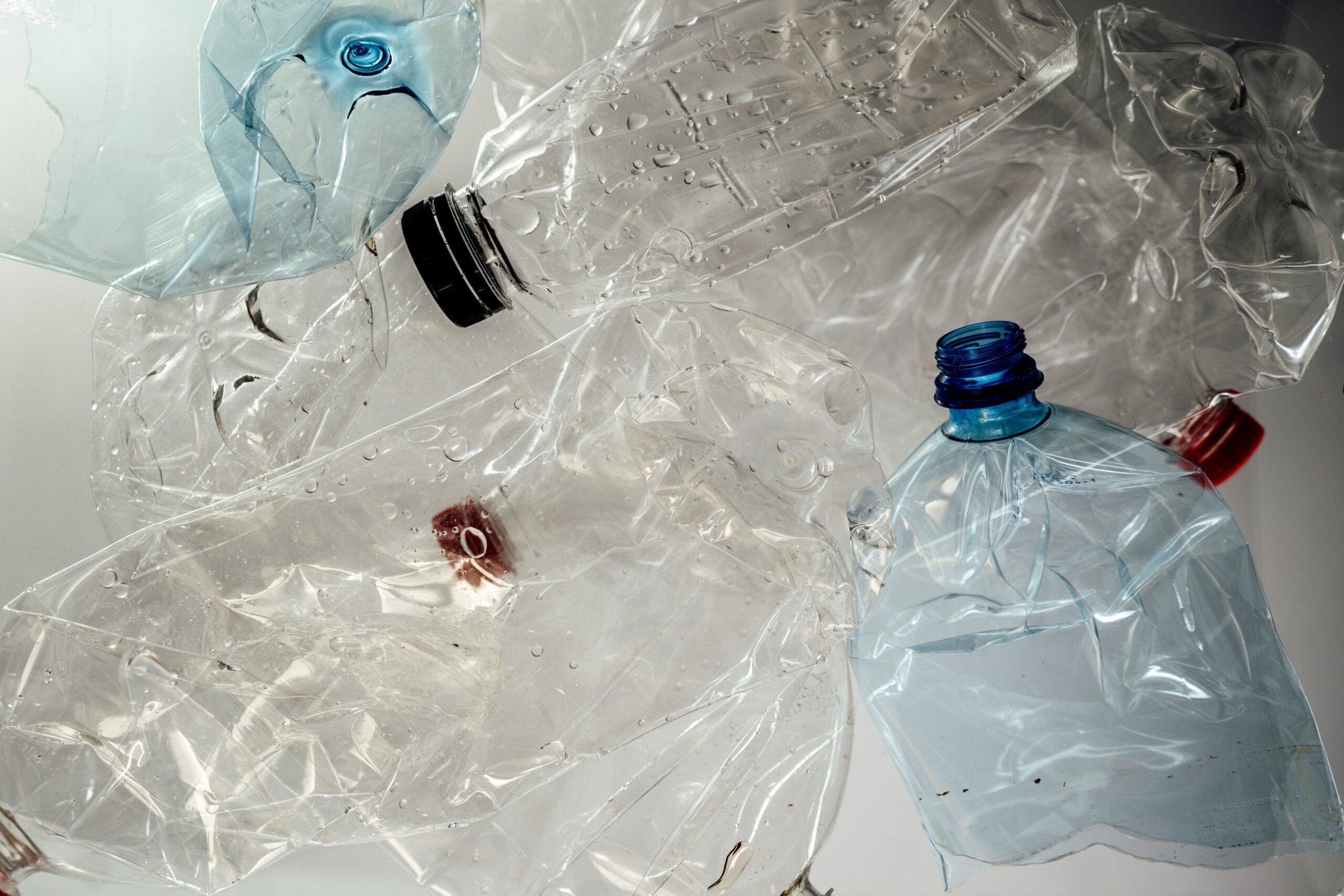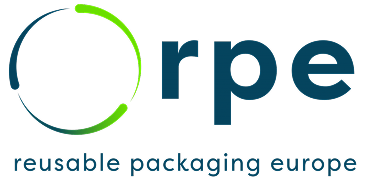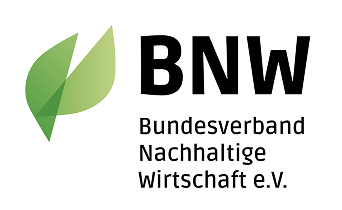Extended producer responsibility – the way out of the single-use plastic crisis?
Extended producer responsibility (EPR) is an environmental policy principle that obliges manufacturers to participate in the disposal and recycling of their products.
What makes it special is that the requirements apply not only to the products themselves, but also to all packaging and components put into circulation, meaning that not only producers but also distributors such as pooling service providers [LINK: Reuse Packaging – Home Of Reuse] are obliged to comply. In Germany, EPR is implemented through the Packaging Act, while at EU level it is part of the Packaging & Packaging Waste Directive (PPWR).
This is because up to 23 million tonnes of plastic waste end up in our oceans every year (WWF, 2025).
Single-use plastic and packaging waste contaminate ecosystems and endanger animals and humans. Currently, over two-thirds of global plastic production is used for packaging – and this figure is rising.
EPR imposes the financial and organisational costs of collecting, sorting and recycling their products on companies, creating a strong economic incentive to use more recyclable materials or, even better, to put only durable, high-quality reusable products into circulation that can be recycled and reused over and over again.


Overall, this is not only fairer, but also sends a clear price signal to the market: more environmentally friendly products that incur lower disposal costs are given an economic advantage.
In Germany, for example, we already have EPR systems in place across the board through the dual systems with the ‘Green Dot’ – resulting in high collection and recycling rates. Behind this are companies that co-finance disposal through licence fees.
However, the greatest need for action is increasingly in developing and emerging countries.
The best waste is waste that is avoided from the outset.
When implemented correctly, EPR is an effective tool for promoting the circular economy and avoiding problematic substances, because the overarching goal is not only better waste management, but also a fundamental reorientation of our production and consumption system.
EPR therefore not only combats the symptoms (waste disposal), but also addresses the causes (product design).






